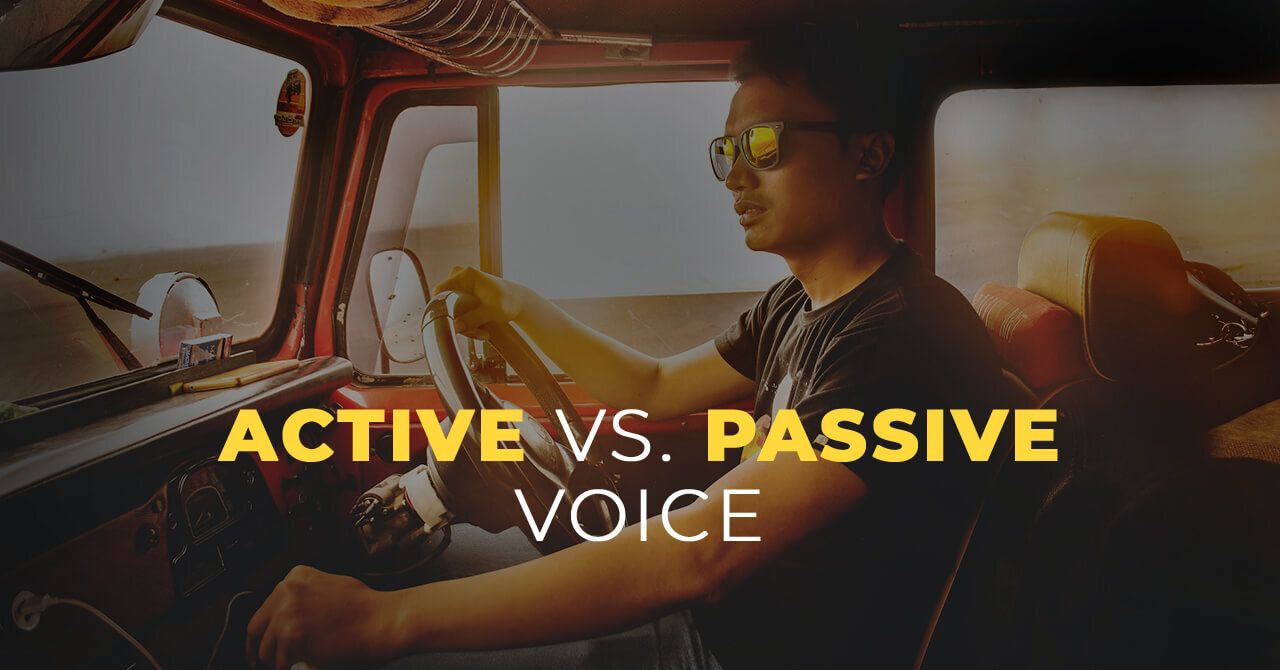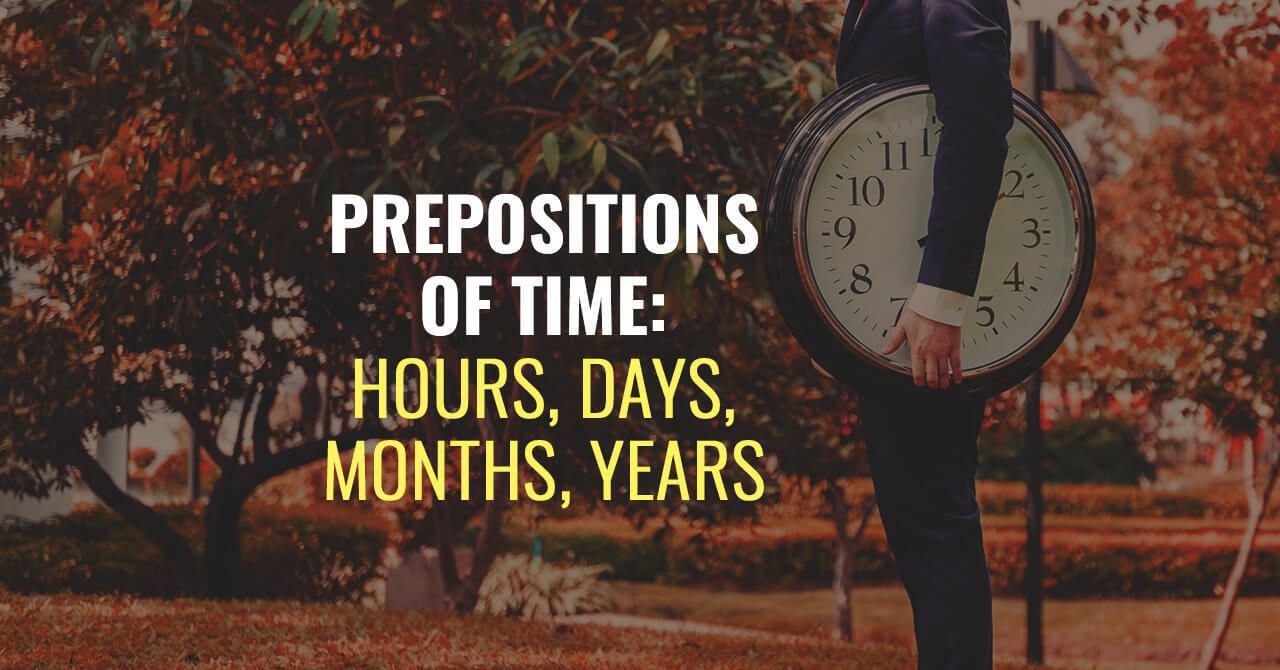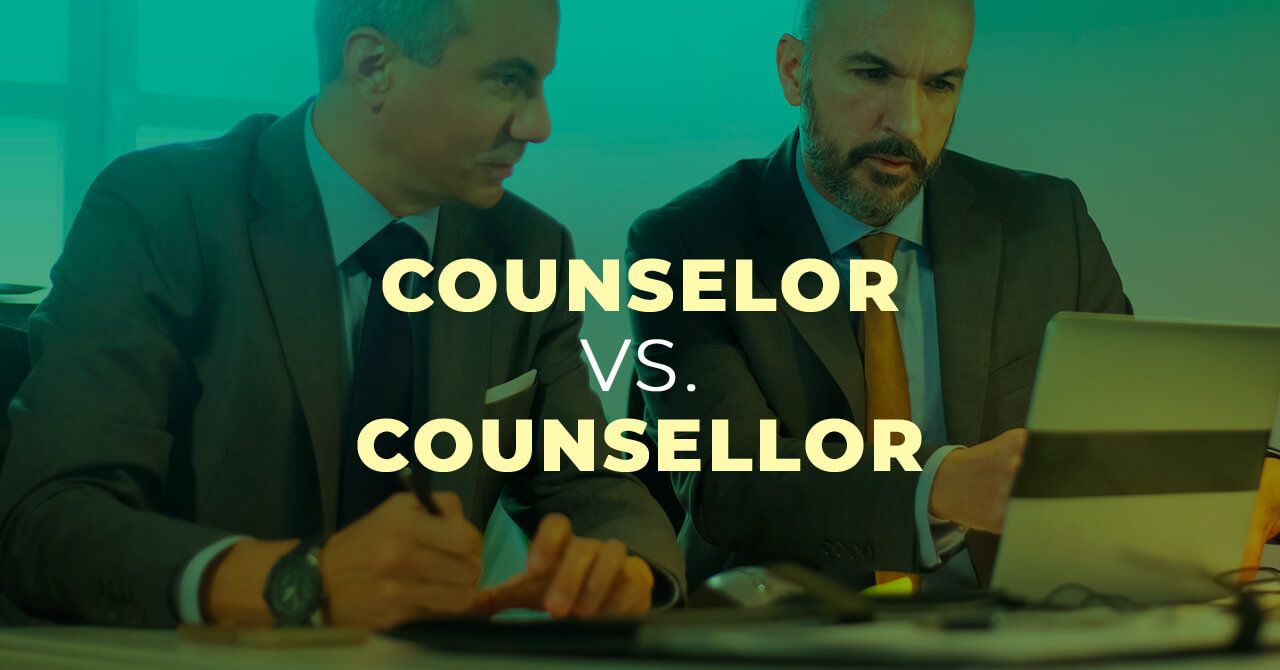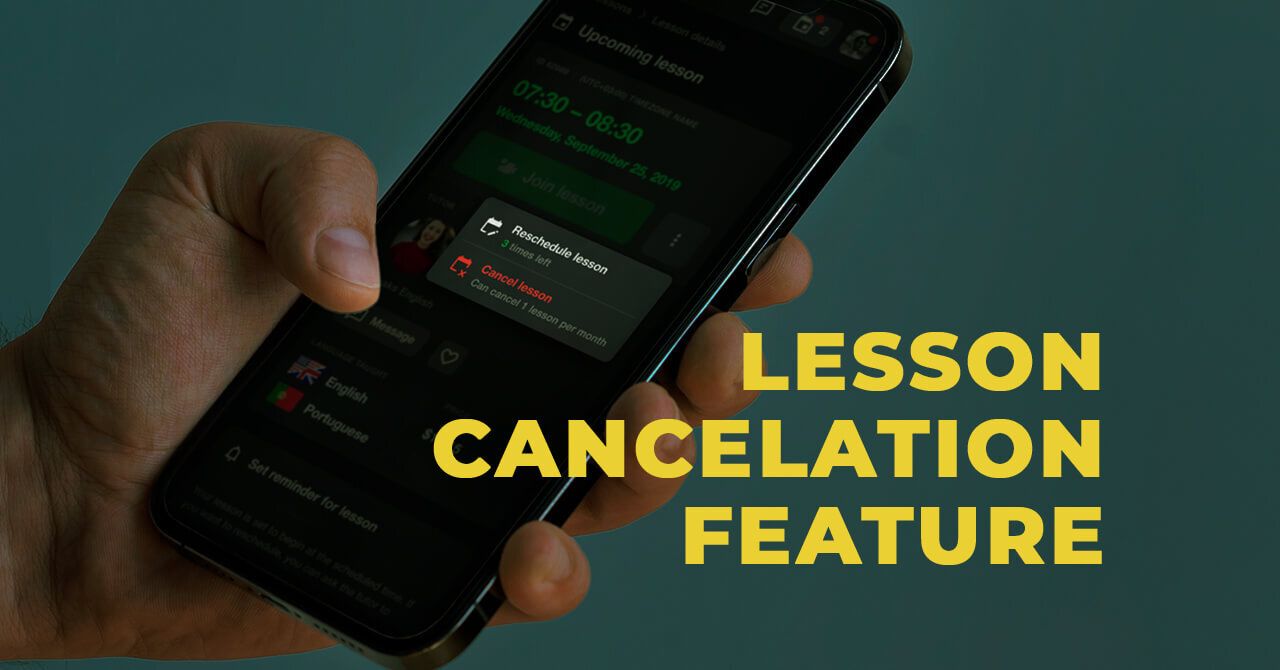LiveXP Blog
Develop yourself by learning new skills with LiveXP. Grow with us!

Active and Passive Voice: Differences, Usages, and Examples
Although the passive voice is used much less than the active one in both speaking and writing, certain situations require using it.

Prepositions of Time: Hours, Days, Months, Years
Prepositions of time are one of the few cases in English grammar where the rules are rigid and consistent therefore, if you learn these rules once, you’ll never need to worry about them again!

Write a Compare and Contrast Essay Like an Expert
You need a compare and contrast if you have to write an essay that requires you to bring out not-so-obvious similarities and differences between two or more related topics.

The Racist Meaning Behind “Jipped,” “Uppity,” “Eskimo,” and Other Phrases
In day-to-day life, we rarely think about the words we use and where they come from. As a result, we sometimes unknowingly use words and sayings that have offensive origins.

Initials in Mandarin Sound Like Letters in English
Let’s check how to pronounce some sounds in Chinese

Is It Spelled Counselor or Counsellor, and What’s the Difference?
Most other countries where English is the official language, for example, most of the countries in the Commonwealth, use the spelling with two Ls.

How to Encourage and Manage Toddlers in Your ESL Class
These days, it’s not new for ESL teachers to have classes with very young children. I even used to have a 2-year-old student. Though some kids are quite advanced, it’s inevitable to meet beginners. Some parents are very ambitious to enroll their kids even if they can’t fluently speak their mother tongue. This turns online teachers into babysitters. Sure enough, it could drain your energy. So, what can you do to handle such students? In this article, I will give examples based on my experiences.

You Can Now Cancel Lessons if You Really Have to
Lesson cancelation is only for highly unexpected circumstances.